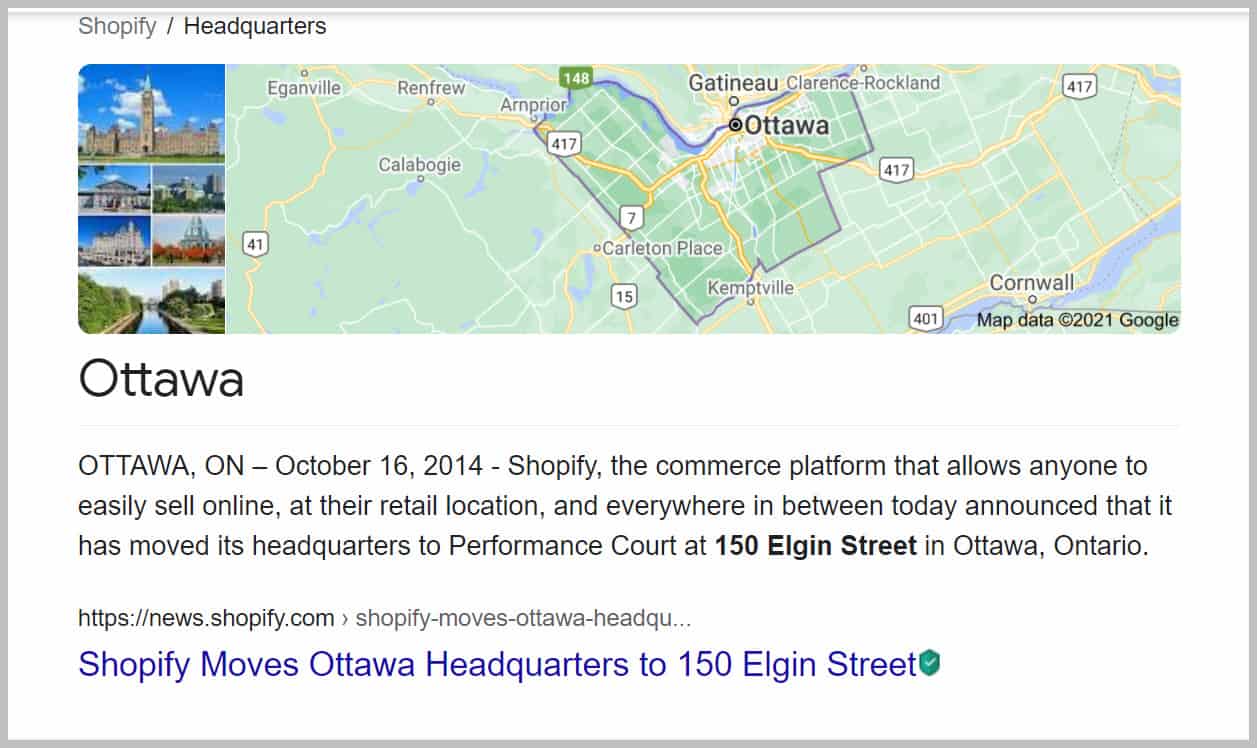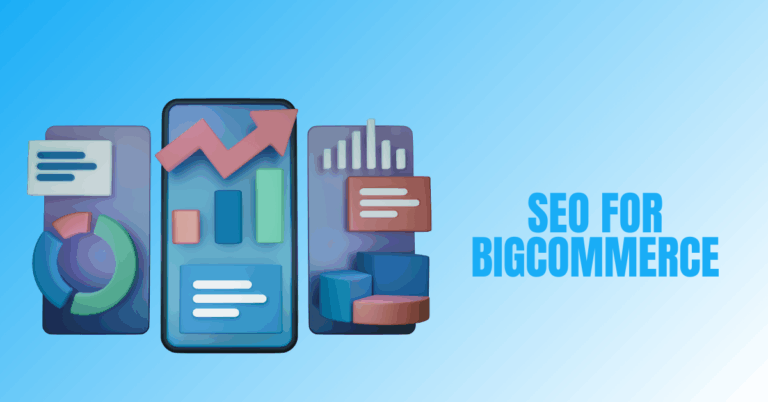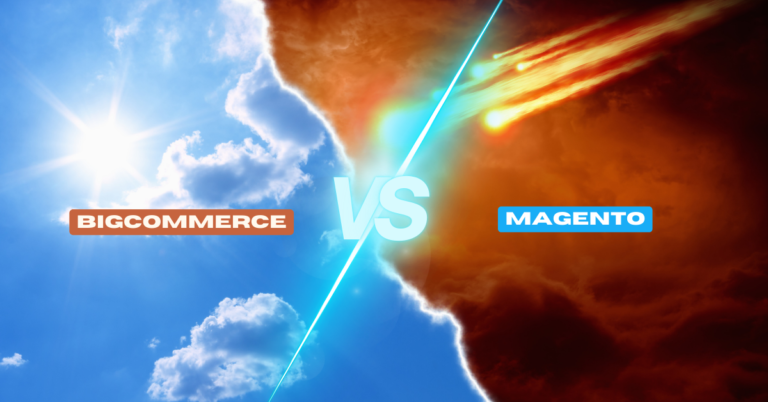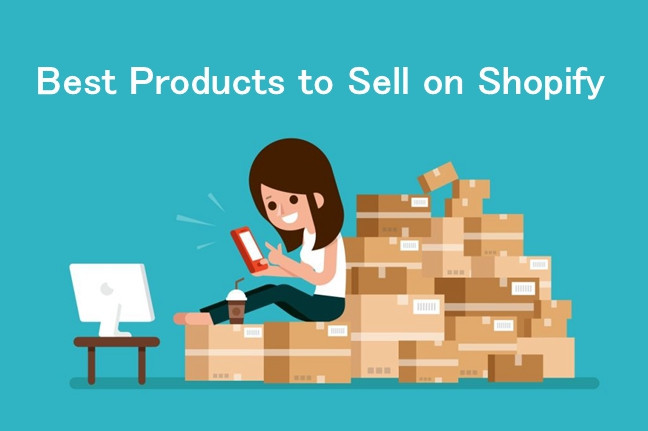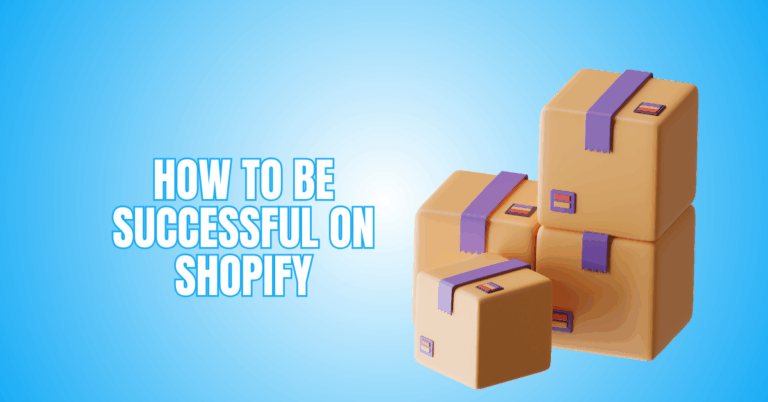Shopify Review
Introduction To My Shopify Review
We all have heard of the terrible consequences of the COVID-19 pandemic. It has ruined many businesses and caused many problems and challenges for people. Now, our lifestyle is beginning to adjust itself with the little unwanted virus! We have learned to stay at home more and go out less. One of the biggest changes happened in the way we buy things. It was fun to go out and hang around in shopping malls and buy things. Now, we can do this anymore unless you want to get the virus in the crowd.
Ecommerce Platforms! Stay At Home, Buy Whatever You Want
Ecommerce platforms are miracles of our age. It made our life much easier and more convenient. What exactly are these platforms? What are they good for? Basically, an e-commerce platform is a software application for online businesses. They can do whatever is needed to improve and boost their reach and sale. These platforms help businesses to take control of their website, marketing, sales, and operations.
Benefits Of e-Commerce Platforms
You might want to sell books online. Or, you are planning to sell plane tickets to excited travellers. Regardless of what business you are running, you have to join the online world sooner or later. There are many good points associated with e-commerce platforms. Here, we are going to mention five of them.
Sell 24 Hours a Day! Never Stop!
Ecommerce platforms don’t get closed! They are open 24 hours a day! It's amazing. You can sit behind your desk and see people are buying your products. It's great, especially when you are running an international business. It's because people from different time-zone constantly buy from your online store. So, you don’t need to be worried about renting a store downtown and hope to sell until four or five pm in the afternoon.
Paying Less, Earning More
Electricity bill, gas bill, hiring workers and giving the salary every month, renting a costly stone in the downtown, dealing with different organizations and associations! It's crazy. All these obstacles are associated with a physical stone. An online store doesn’t have any of them. In fact, it is more profitable and less stressful to establish an online store and sell there.
Remarketing is Great!
You can carefully keep track of your online customers and invite them in to buy more from you. When a customer visits your website and buys something, you can seduce them to buy more. For example, they will see your advertisement somewhere else and might want to buy it again. To put it simply, your online store is a kind of effective advertisement itself.
Advertising More Effectively And Saving More Money
What is the traditional way of advertising? You distribute some flyers and hope people to see and come to your store. However, you can do this a million times better with the help of e-commerce platforms. Let me give you an example.
More Fame, More Customers
What happens if you are the top seller in your town? If you are super famous, people will come to buy from cities around your physical boundaries always limit yours. However, this is not the case with online shopping. You will be able to make your business international. People across the world can buy from you! This is truly amazing!
Shopify is one of the best and most popular e-commerce platforms across the world. Millions of businesses are active on it and making more day by day. It is not exclusive to any businesses and available for everyone. Here, in this article, we are going to review Shopify. The basic features, history, and pros and cons of Shopify are going to be discussed here. Let's get started.
What/Where is Shopify?
Shopify is public incorporation. It is basically Canadian multinational e-commerce. This incorporation was founded in 2006. The company has more than 5 thousand employees. Its total revenue in 2019 was more than 1.5 billion dollars.
Shopify used to be called Snowdevil. The idea was not to create an e-commerce platform at the beginning. The company was only supposed to sell snowboarding equipment. Then, this website was replaced by Shopify. An application programming interface (API) and App Store were incorporated into the system in 2009. This was a huge step because it let developers create applications for Shopify online stores. In 2010, mobile and Apple App stores became available for Shopify. Since then, Shopify has kept growing.
Pros
Let's start with the Shopify pros. As we are going to emphasize, Shopify is straightforward to use. It is great for the non-technical audience. No software is required. It would help if you had a web browser and internet connection. It's very user-friendly and generates a nice, good-looking and professional website. Also, the templates are great. It works very well on different devices too.
Moreover, you can make undetermined people finish their purchase. You can give them a discount and ask them to finish their abandoned cart. Shopify is also great for drop-shipping. What does it mean? It means that you don’t need to keep the products in stock. When somebody buys something, you will need to ask suppliers to deliver the products.
Shopify is great for taxes too. Different areas in the world have different tax rates. So, it would be annoying buying something without knowing about the tax. Shopify can calculate the taxes and shows them to the customers, which makes a purchase more convenient.
What else? Email marketing is available on Shopify. Interestingly, it's free! So, you can keep the email list from your customers and send them a newsletter whenever you want. This will help you keep your relationship with your customers fresh. Finally, Shopify is great for physical stores too! You can connect it to iPad stands and Star mPOP with Scanner. In this way, you can easily sell in retail outlets and keep all your inventory in sync.
Cons
Now, here is the bad stuff about Shopify. The first one is really disappointing! Each product you want to sell can only have three options. For example, if you want to sell a shirt, you can have it in red, blue, and yellow colours! Just three options! If the product you are going to sell has a limited number of shapes and sizes, you are OK. Otherwise, you will need another platform for products that have many variants. If you want to create more options, you will have to pay!
You also have a limitation for custom fields. If you want not to have this limitation, you will need to pay for access to this feature again. By the way, custom filed is a piece of information provided by users which somehow personalize the products and might seduce others to buy.
What's next? Well, Shopify gives you detailed information about your sale only when you pay for it. If you want to know how much you have sold or how much your business has grown, you have to pay Shopify again. The same is true with a third-party payment gateway. Also, point-of-sale functionality and app for obtaining a key feature are expensive.
Its Competitors
Shopify is not alone in the market. There are many other e-commerce platforms on the internet. So, which one should we choose? Of course, Shopify is one of the best ones. However, it depends on what exactly you are going to do. Now, let's compare Shopify with other big names in the industry.
Shopify vs. Woo-commerce
Let's start this section by comparing Shopify and Woo-commerce. I'm sure it's very beneficial for everyone before putting money on any of them. We are going to compare seven different factors and then conclude at the end.
Shopify Is A Smoother Ride
Shopify is much easier to use than Woo-commerce. For Shopify, you need to sign up for a free trial. Then, you can start selling things on Shopify! With Woo-commerce, however, it is more technical. It would be better to know how to work with WordPress. Also, it would be best if you had a hosting provider before working with Woo-commerce. It doesn’t end here, I'm afraid. You have to install WordPress and then Woo-commerce. With Woo-commerce, you need to put effort into maintenance.
Themes And Flexibility
With Shopify, you have 10 free and 60 paid templates. The paid ones are easy to set up and modern. They usually receive updates too. Woo-commerce, on the other hand, offers minimal templates. Shopify is not that much better, but Woo-commerce is not great either.
Payment, Shipping, And Taxes
You have to use the Shopify payment system if your region is available for it. If not, you have to pay extra for shipping. The same thing is true about Woo-commerce. So, from this point of view, there is no clear difference.
Multilingual Stores
To have a multilingual store on Shopify, you will need a plug-in. this comes with a fee because you have to pay 17.5 dollars per month for this simple plug-in. Woo-commerce uses WPML, which is very established and integrates with WordPress. With Woo-commerce, you can automatically change currencies too. It's much cheaper than the plug-in Shopify uses. In fact, it is just 29 dollars a year, which is completely affordable. Therefore, if you are looking to set up an international online store in different languages, you will need to go for Woo-commerce.
Security
This is a critical factor. People don’t trust you unless you show them their money can be easily and safely transitioned. These two platforms follow very different approaches. Shopify's host is itself. What does this mean? It basically says that you are not going to pay for that because it's included. Also, two-factor authentication is available in Shopify. However, Woo-commerce is a more vulnerable target for hackers. In fact, the online store owner is responsible for installing security updates and not Woo-commerce itself. Therefore, security is going to be failed more often. Shopify guarantees security better than Woo-commerce.
SEO
Here, Shopify has whatever you need for a successful SEO. Titles and descriptions are all customizable. But for Woo-commerce, you are basically forced to use SEO plug-ins. Therefore, you are in charge of everything! You can control every word. Also, it is a bit cheaper to use Woo-commerce regarding improving SEO. So, Woo-commerce seems the winner here because it gives you more flexibility.
Support
Shopify is amazing in this respect. They give the customers many different ways of communication, including phone, live chat, and email. It's on for 24 hours! Woo-commerce doesn’t do great here because you can communicate with them only when you buy something! In fact, you can get help with everything on Shopify, which is not available on Woo-commerce. You have to figure them out themselves on Woo-commerce. So, all in all, Shopify is the winner of this battle. However, it doesn’t mean you shouldn’t use Woo-commerce. To be clear, Shopify is great for beginners and Woo-commerce for professionals.
Summary
Ecommerce platforms are essential for humanity to survive in the 21st century. We have to spend less time on shopping and more on saving our planet. Ecommerce platforms help us do that. There are a lot of them in the market now. Shopify is one of the biggest names in the business.
It basically lets you create a website to sell products. It embraces all the good things about online shopping. It's straightforward to use, can calculate taxes, gives the option of email marketing, and can be used in physical stores. We introduced these pros in detail with some disadvantages of Shopify.
In the end, we also compare Shopify with another big e-commerce company called Woo-commerce. We concluded at the end that Shopify is a better choice in general. There are many other companies out there that need to be compared. However, I can guarantee Shopify remains one of the best. I hope you have found this article helpful. We will get back to you with more content. Take care.
JeannetteZ
I would love to hear from you. Please leave me your questions, experiences, remarks, and/or suggestions about this Shopify review in the comment section below. You can also reach me by email at Jeannette@WorkFromAnywhereInTheWorld.com.
You might also be interested in these blog posts:



